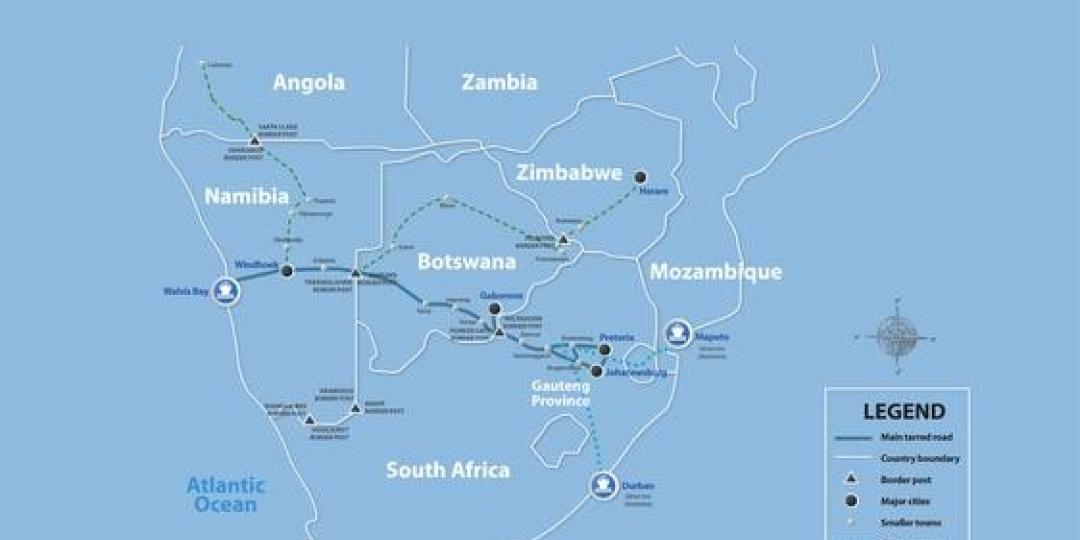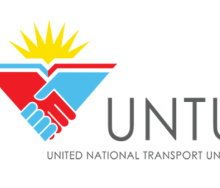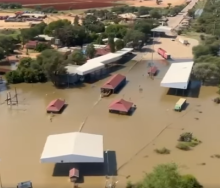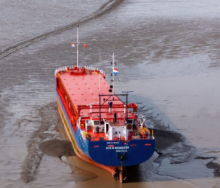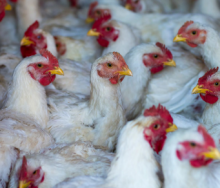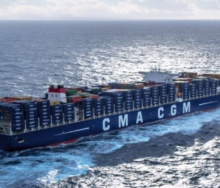JOHANNESBURG, June 7 (ANA) - Communities living along the Trans Kalahari Corridor (TKC) within member states Botswana, Namibia and South Africa have been urged to contribute to improving safety along the route.
">The corridor is a road network spanning approximately 1 900 kilometres across the territories of the three countries, starting in South Africa's Gauteng province and continuing through Rustenburg and Zeerust in the North West province, through Lobatse and Kanye in Botswana, the Mamuno and Trans Kalahari Border Posts, through Gobabis, Windhoek and Okahandja in Namibia and ending at Walvis Bay.
">The call was made during the recent official launch of the 9th TKC joint law enforcement operation in Botswana's Sese village.
">Botswana's transport and communication minister Dorcas Kobela Makgato said stray animals contributed to the high number of mishaps and fatalities on the corridor and urged communities to take responsibility for their livestock by keeping them in designated places.
">She said the TKC was of strategic value to the region as it facilitated trade and the movement of people and goods among member states.
">During the three day joint law enforcement operation, authorities recorded several instances of non-compliance with the law and regulations, including six drivers arrested for being under the influence of alcohol, 23 people arrested for possessing illegal substances such as marijuana, while seven unlicensed vehicles were seized.
">In addition, 154 traffic fines were issued on general defects and 11 illegal immigrants were arrested for failing to produce relevant documentation.
">TKC management committee chairperson Segodi Mogotsi from South Africa's department of transport said the region would benefit once people and goods could move more freely.
">“This must be coupled (with) development along the corridor with transport as an inducer of development," Mogotsi said.
">"We look forward to better coordinated and simplified processes along the corridor, harmonised legislation including that dealing with dangerous goods, (and the) economic participation of women on the corridor,” Mogotsi added.
">- African News Agency (ANA)
